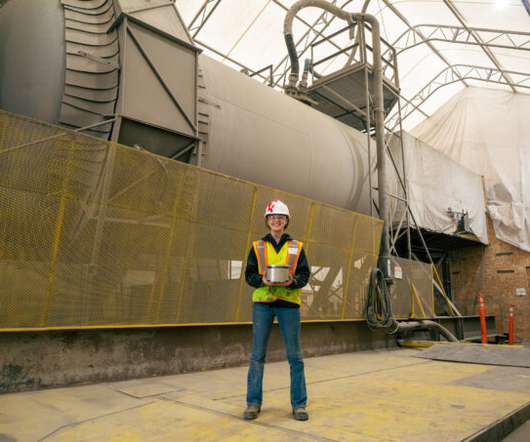Meet Our Members: Introducing Greentown’s Newest Startups of Q3 2022
Greentown Labs
SEPTEMBER 20, 2022
SmartAC.com ’s HVAC & plumbing algorithms are powered by 24/7 data on HVAC performance and water leak/clog detection, streamlining the experience for homeowners while aiding contractors in fostering long-term homeowner loyalty.
















Let's personalize your content